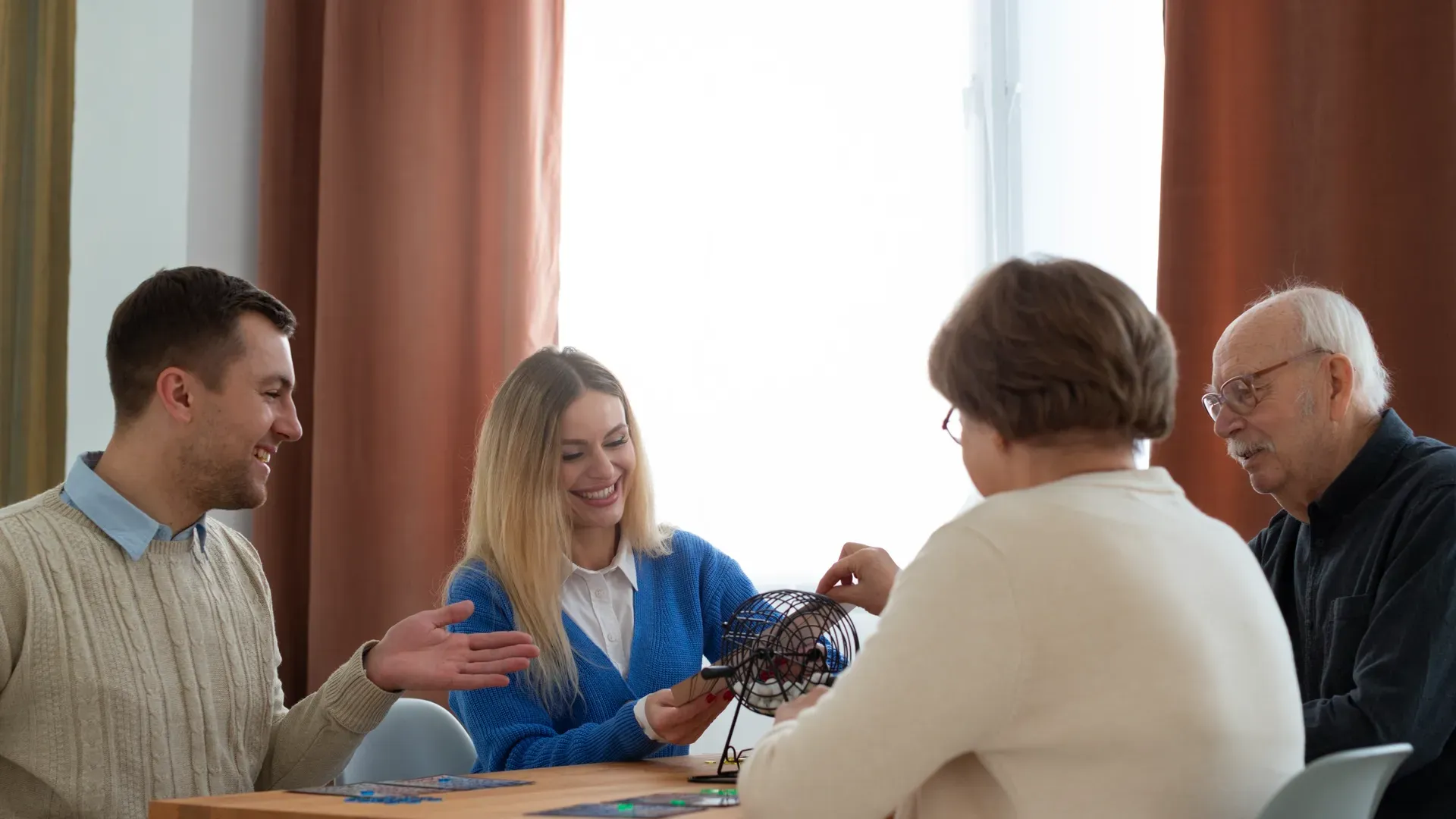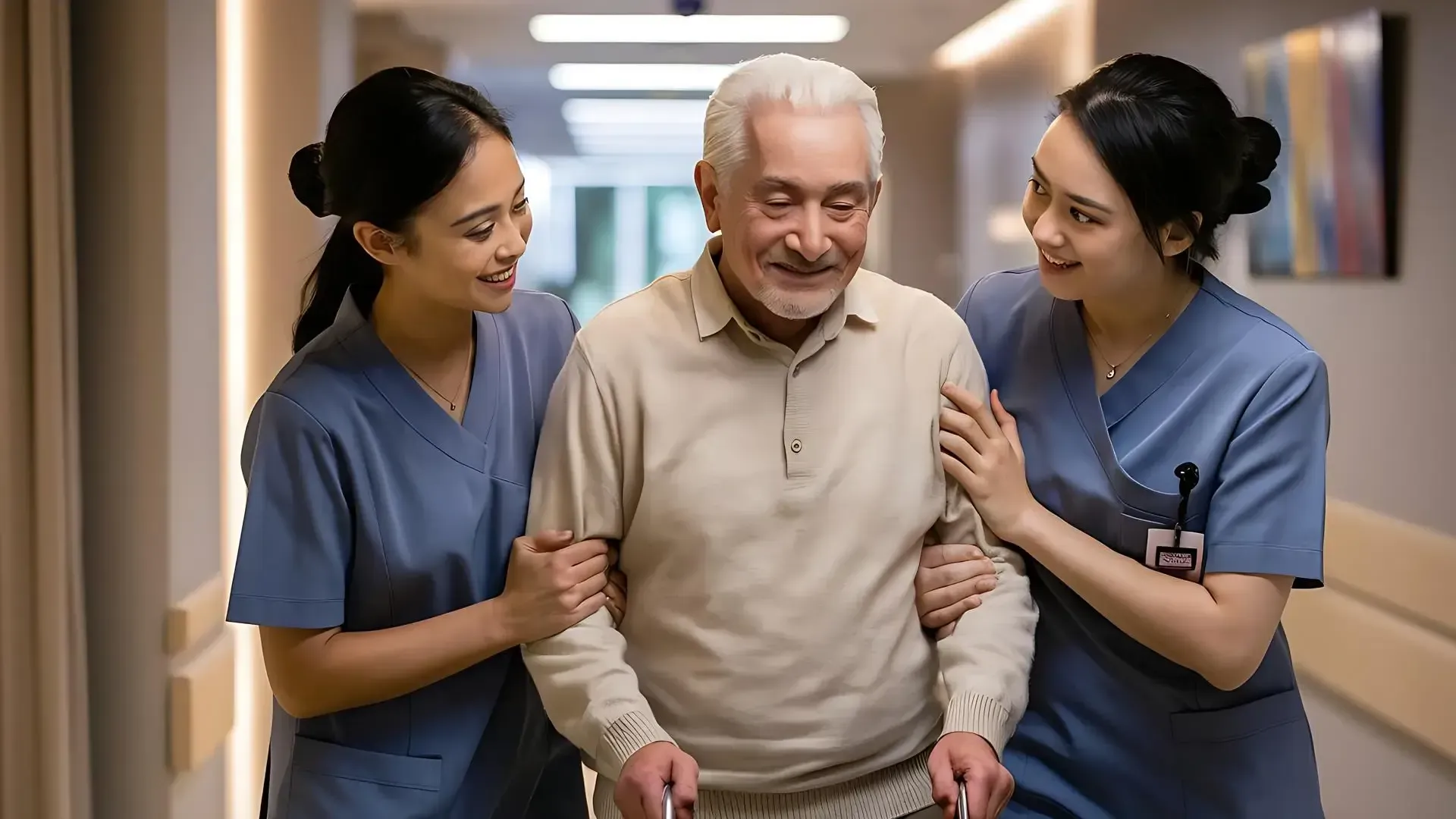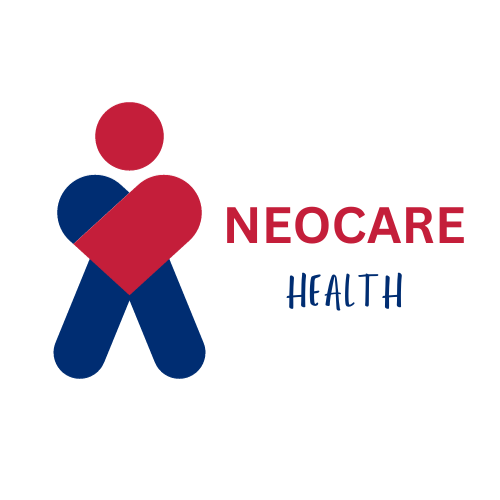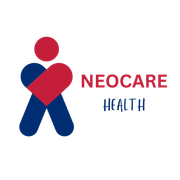Find The Right Job
Partner with NeoCare Health

Neocare Health offers excellent care for elderly residents and patients under hospital care. Their team of experts ensures that patients of all ages receive top-notch care.

Neocare Health offers staffing solutions to address shortages, helping to ensure that facilities have an adequate number of qualified and experienced staff members.
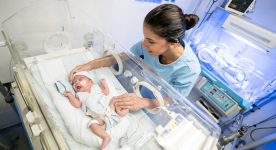
Experience our compassionate nursing team, Neocare Health provides dedicated nurses to neonatal units to support newborn's health and development.

Neocare Health offers dedicated care tailored to meet the unique needs of your newborn, ensuring they receive the highest level of attention and support from our proficient and caring team.
Welcome to Neocare Health!
Welcome to Neocare Health, the leading staffing agency dedicated to providing qualified professional nurses to aged care facilities and hospitals. With our specialised expertise in aged care and hospital care, we offer comprehensive staffing solutions to address shortages, leveraging innovative technologies and ensuring regulatory compliance.
Our reliable and dedicated workforce is trained to handle the specific needs of aged care residents and hospital patients, helping facilities overcome staffing challenges and create a safe and nurturing environment.
At Neocare Health, we believe in providing exceptional care to those who need it most. Whether you're in need of specialised nursing services for aged care or seeking neonatal care for your precious newborn, we've got you covered.
If you have any concerns or questions related to aged care or neonatal care, our experienced team is ready to assist you.
Contact us today to learn more about our services and how we can make a difference in your life and the lives of your loved ones.
Choose Neocare Health for quality nursing services that you can trust. Your health and well-being are our top priorities.
Our Mission
At Neocare Health, our mission is to ensure the well-being and enhance the quality of life for every individual. We achieve this by providing exceptional and qualified nursing professionals to aged care facilities and hospitals. With our specialised expertise in aged care, hospital care and comprehensive staffing solutions, we are committed to delivering exceptional care and support to our clients and their residents.
Our Vision
At Neocare Health, we understand the importance of comprehensive healthcare services for individuals of all ages. That's why we are dedicated to providing qualified professional nurses not only to aged care facilities but also to hospitals. Our staffing solutions address shortages and ensure regulatory compliance in both aged care and hospital settings. By partnering with Neocare Health, facilities can enhance resident care, improve operational efficiency, and promote the well-being of both elderly individuals and hospital patients.
Our Core Values

Nurturing
We strive to create a nurturing environment that fosters compassion, empathy, and personalised care for every individual we serve.

Expertise
We bring specialised expertise in aged care and hospital care, ensuring that our nurses possess the necessary skills, knowledge, and experience to meet the unique needs of elderly patients.
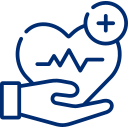
Outstanding Care
We are dedicated to delivering outstanding care and support, going above and beyond to promote overall well-being.
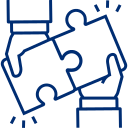
Collaboration
We foster collaborative partnerships with aged care facilities and hospitals, working hand-in-hand to create a seamless and cohesive care experience that meets the highest standards.
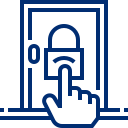
Accessibility
We make quality healthcare accessible to every individual, irrespective of their background, enabling them to live with dignity and independence.

Reliability
We pride ourselves on our reliability, consistently providing reliable and dependable nursing professionals to aged care facilities, ensuring continuity of care.
Blogs
